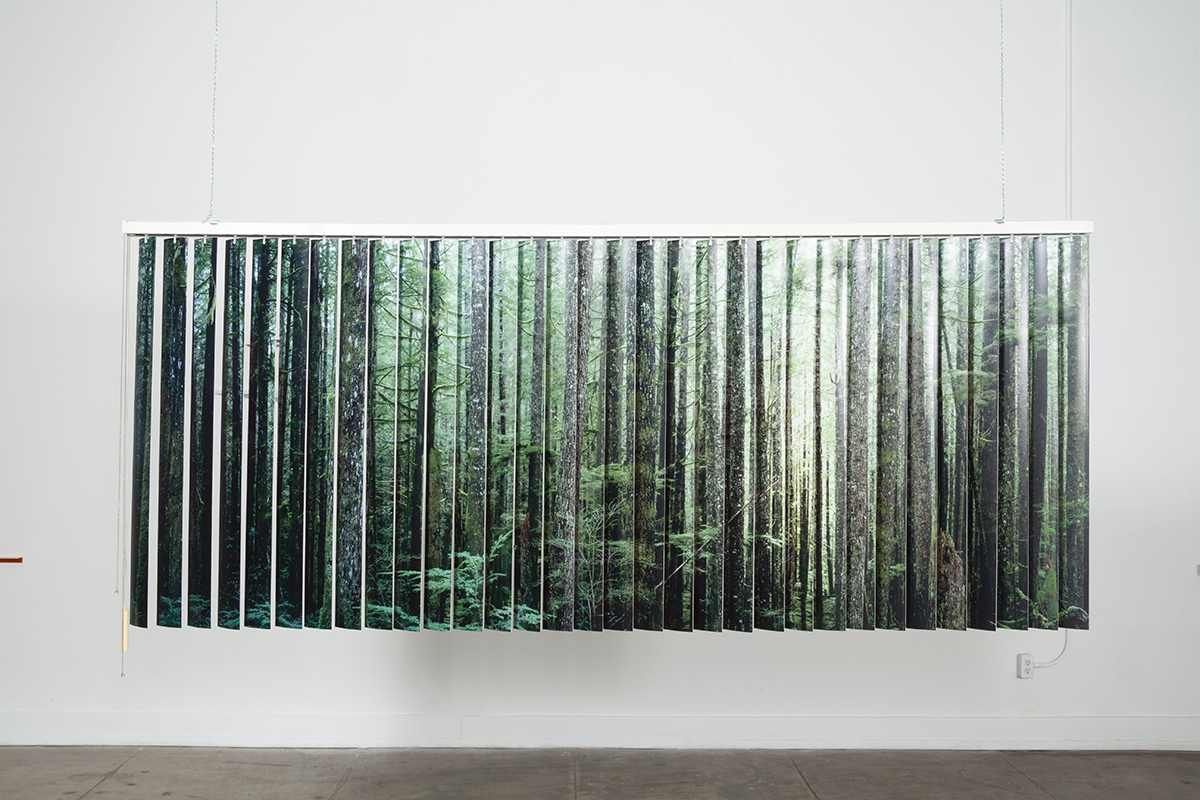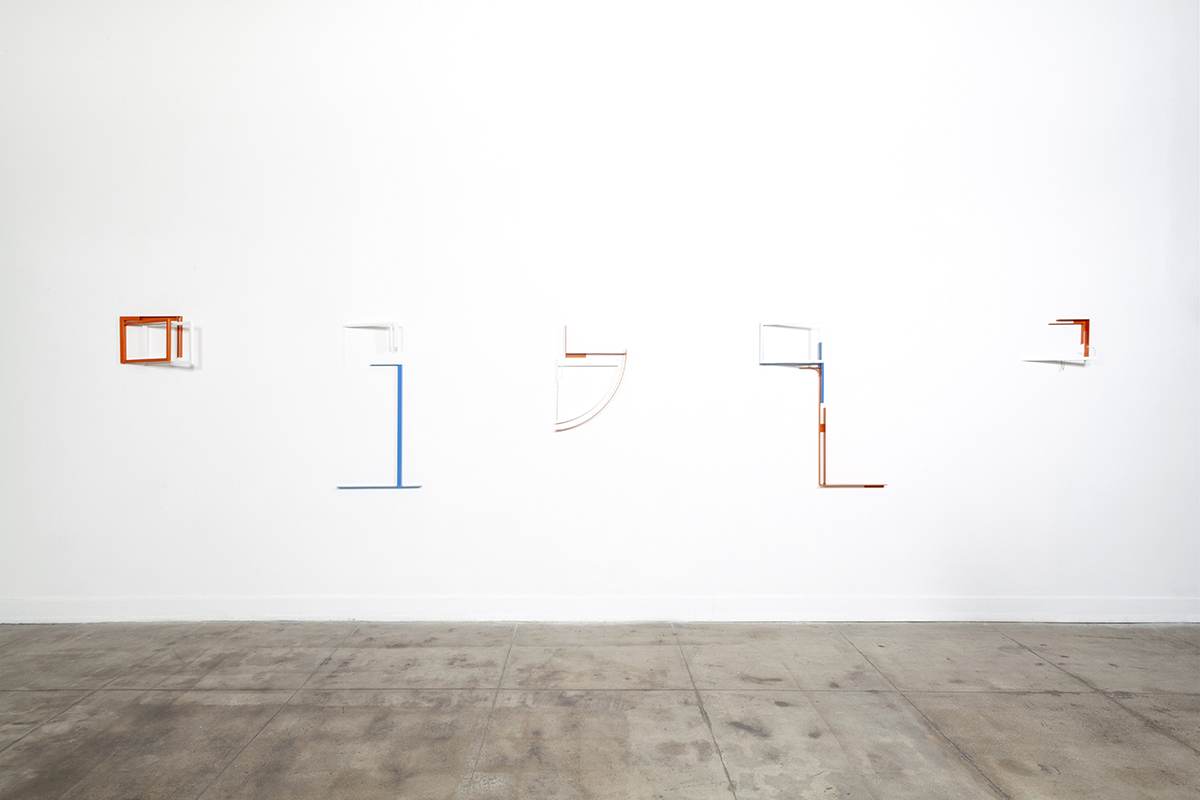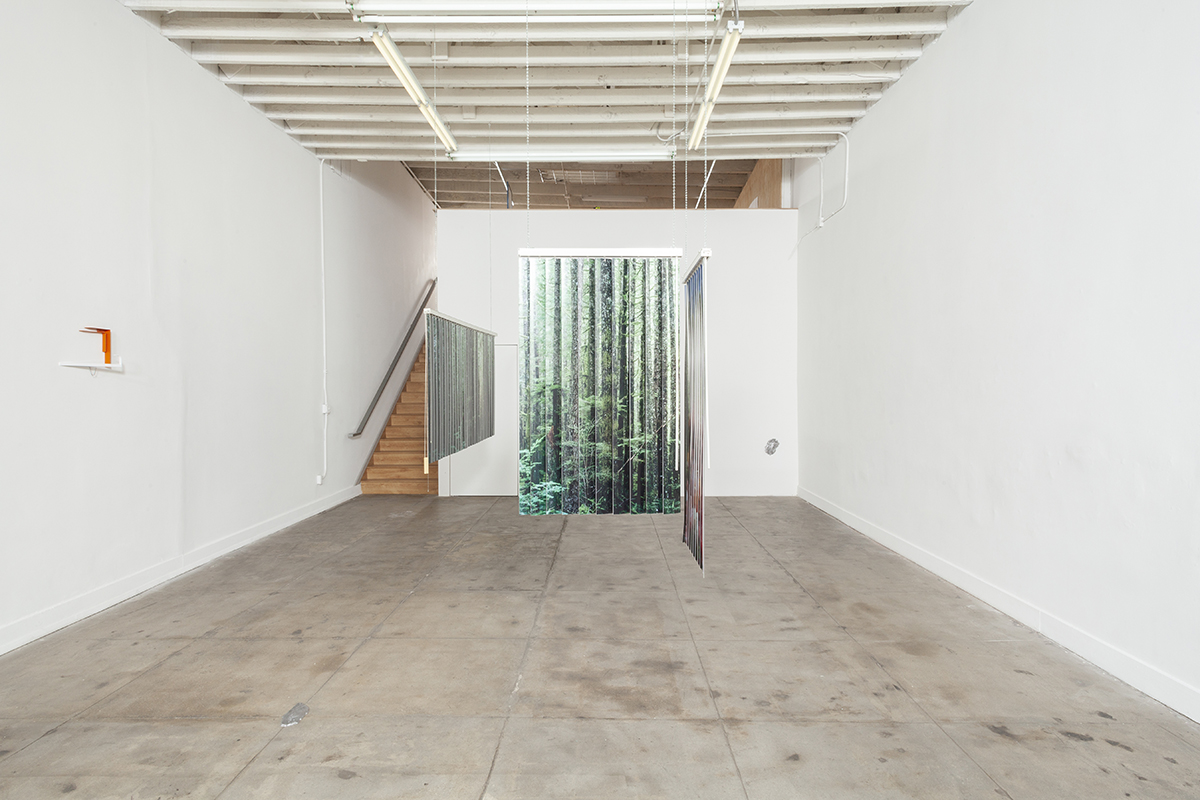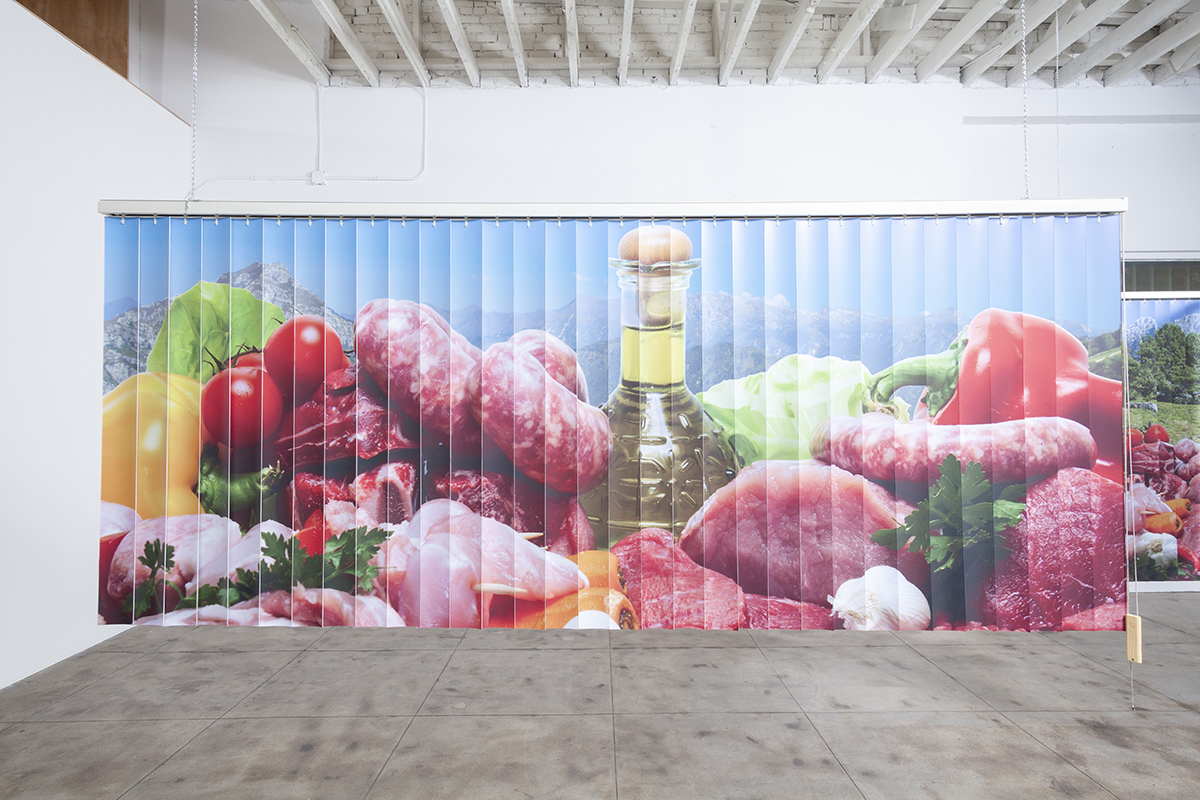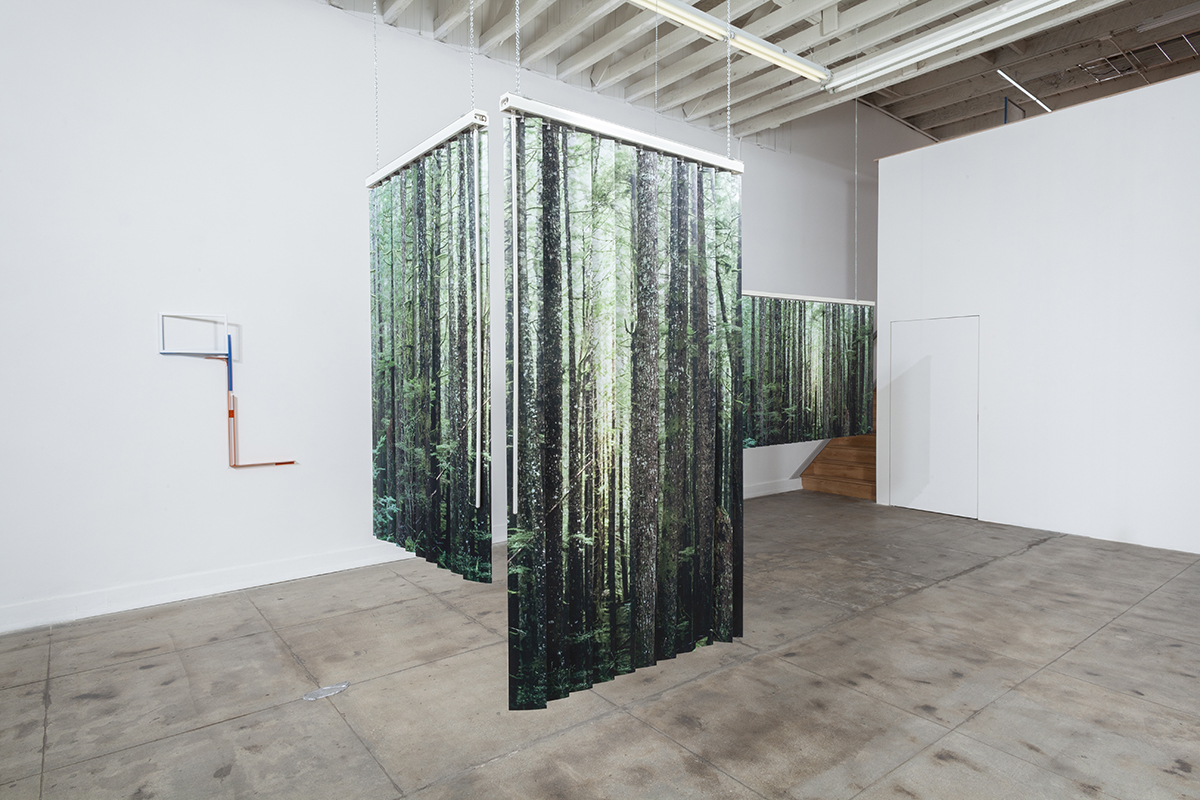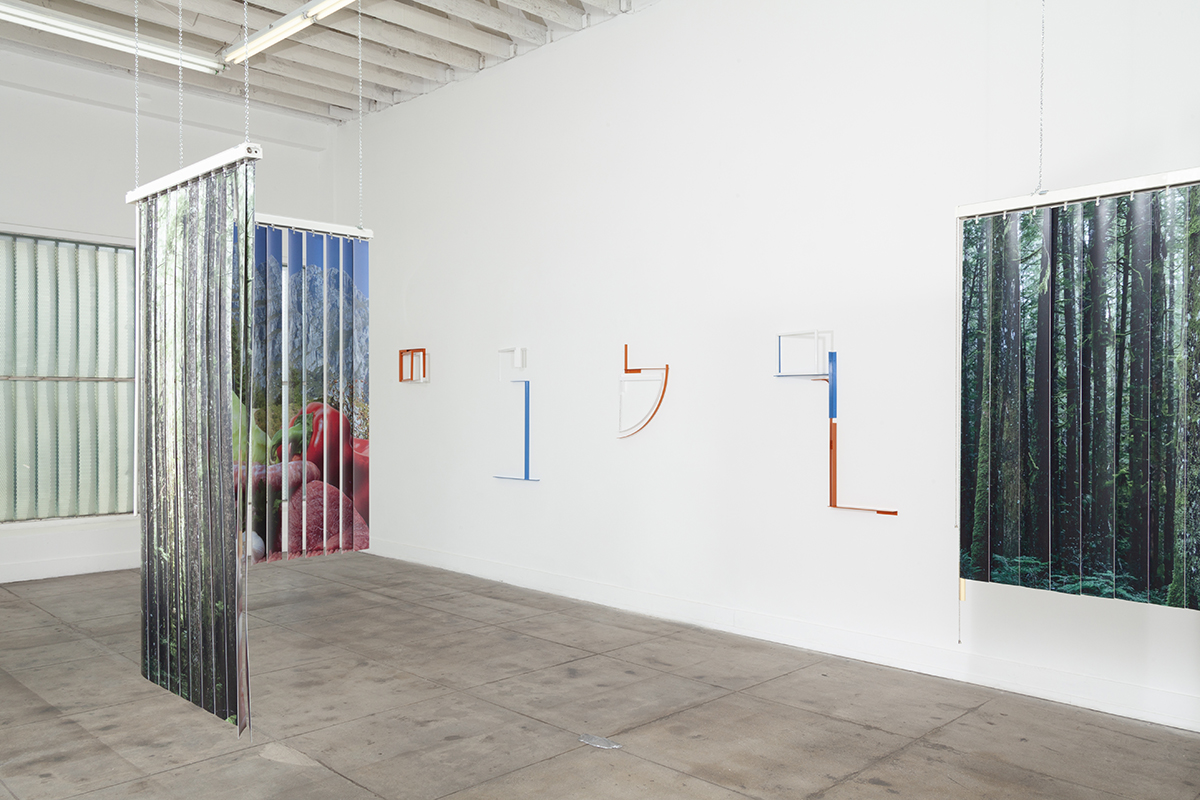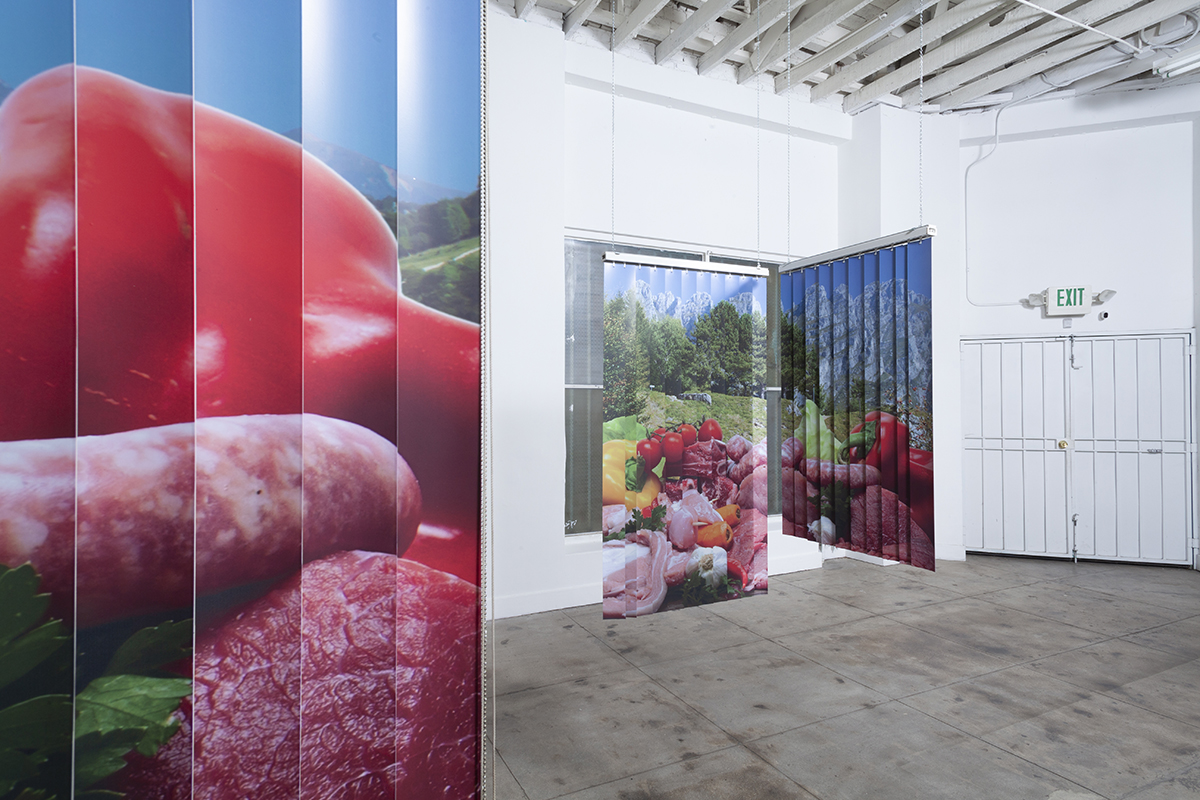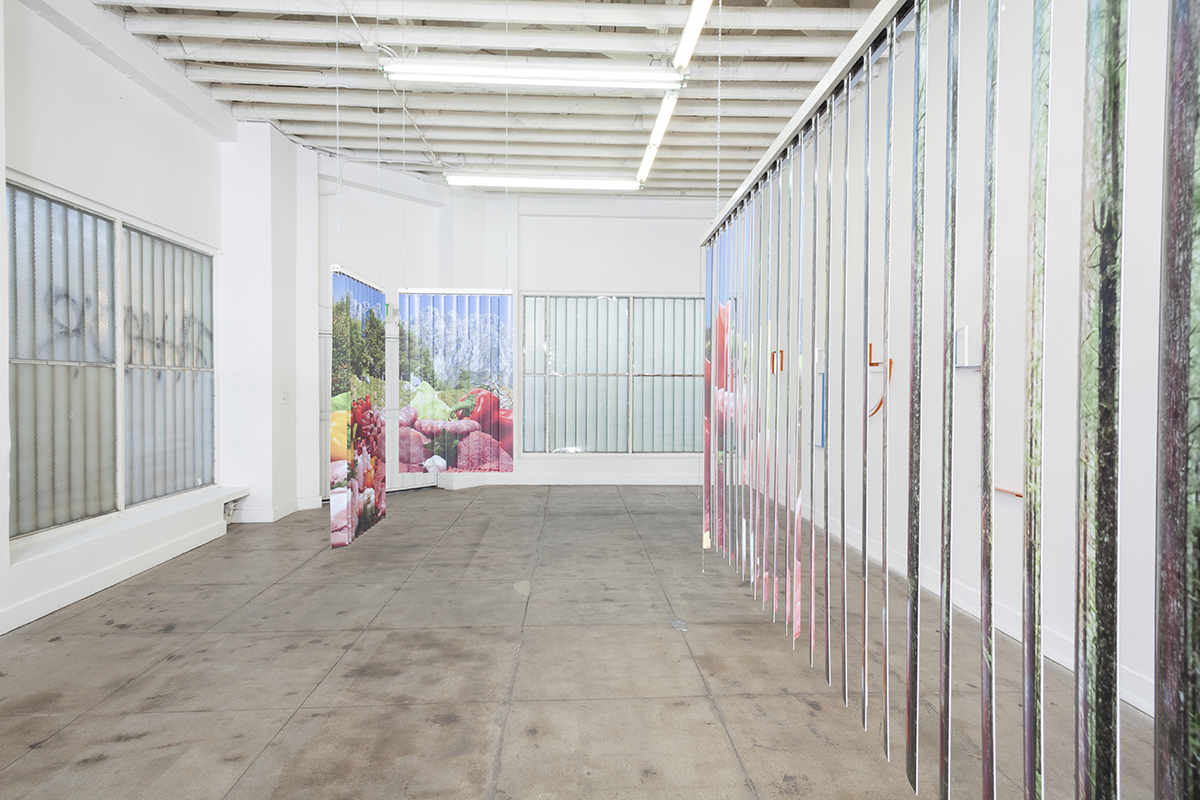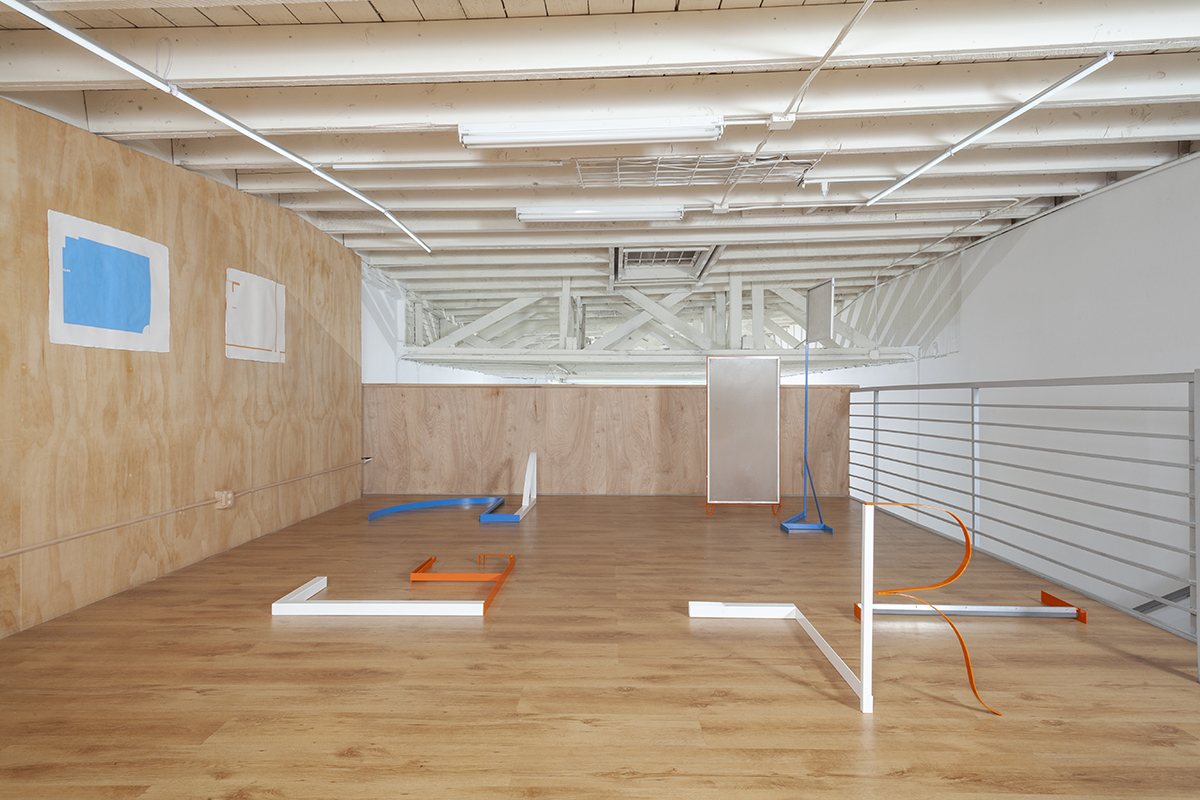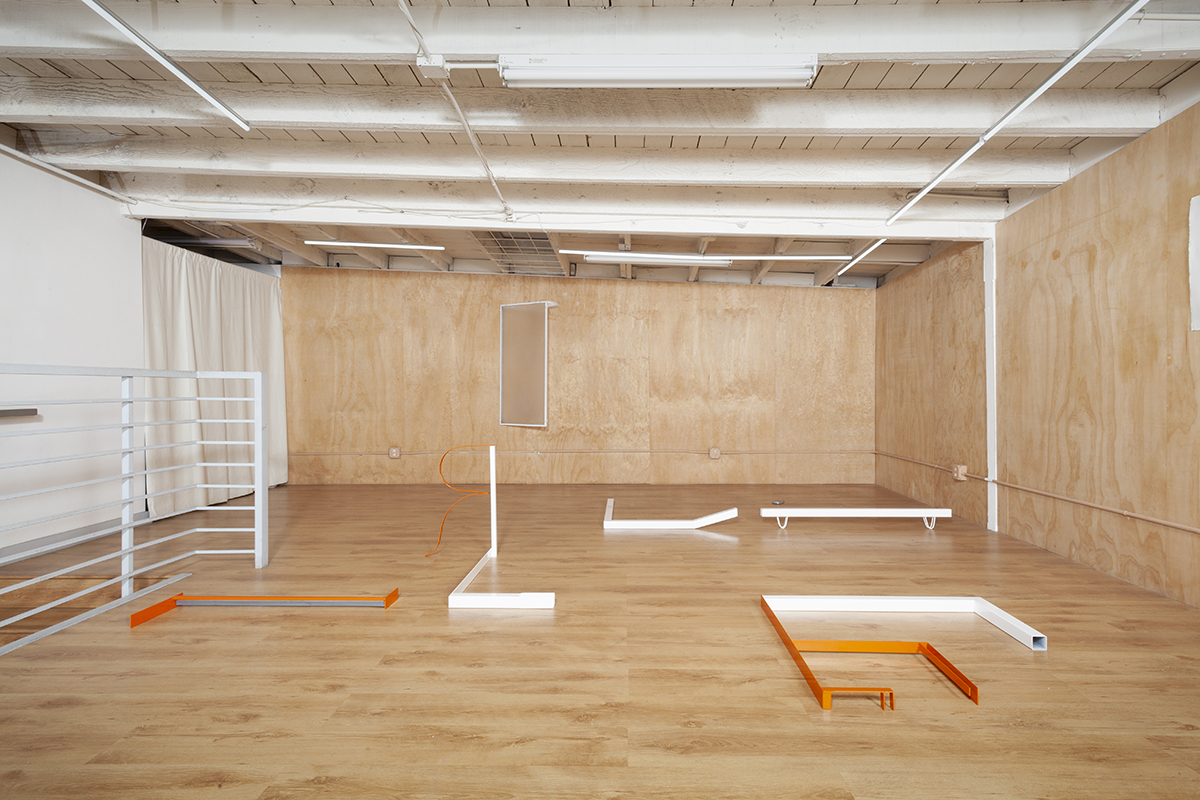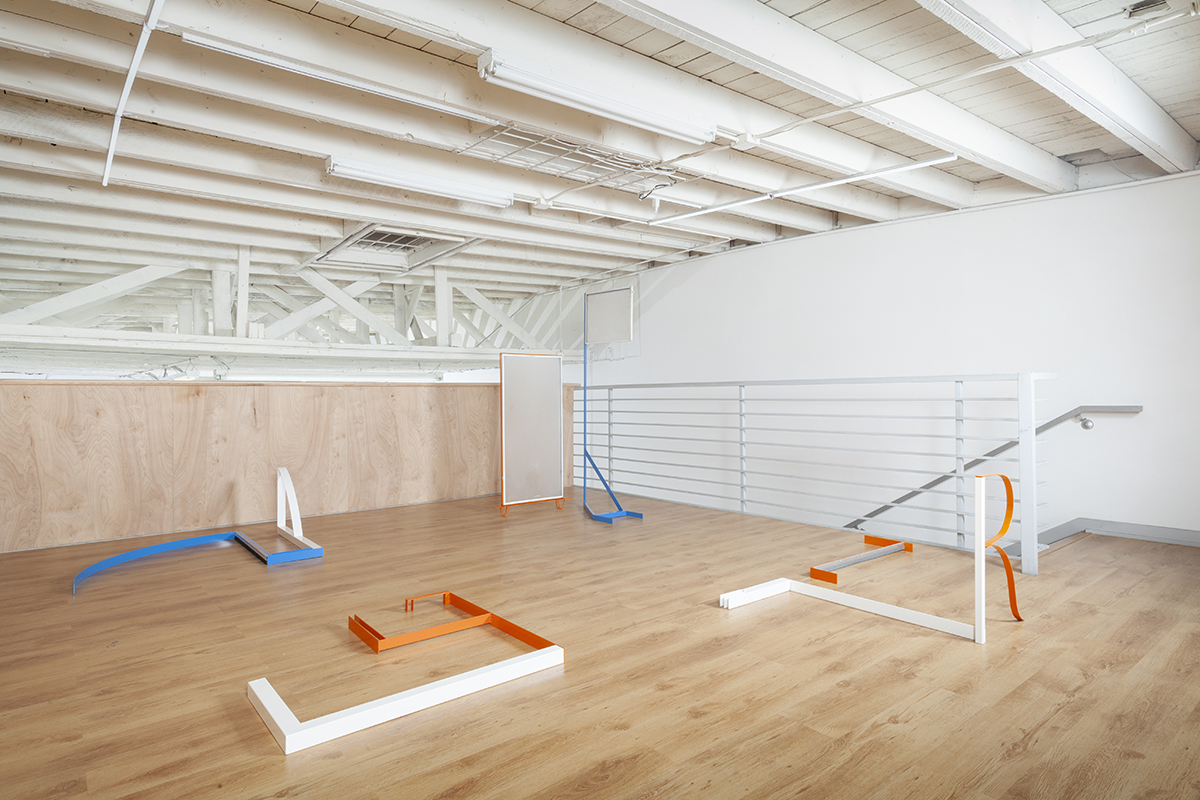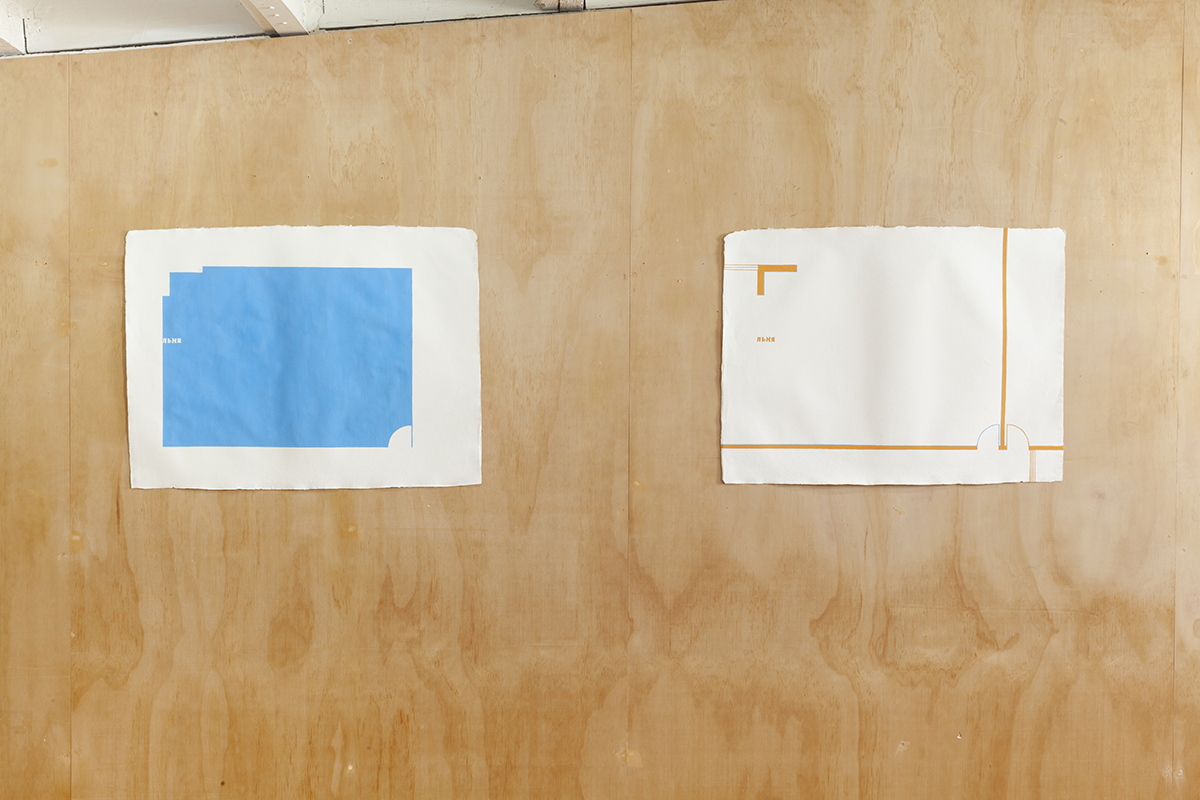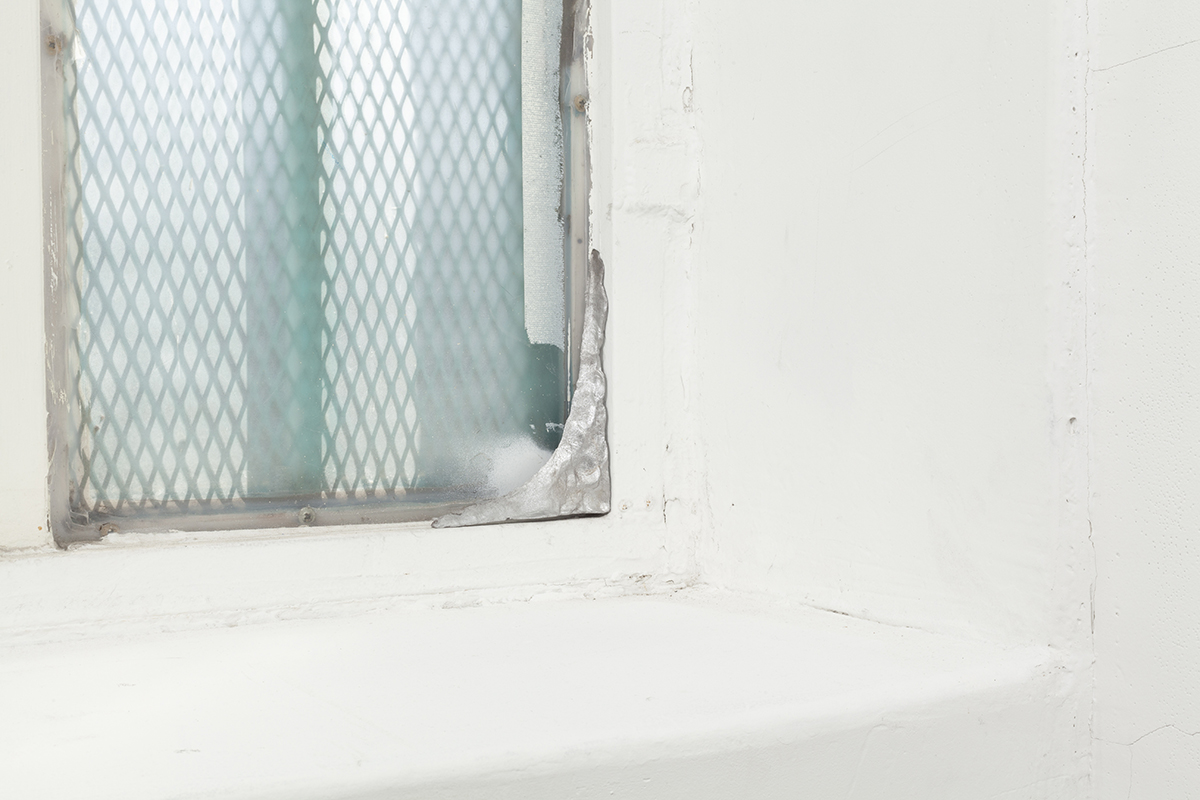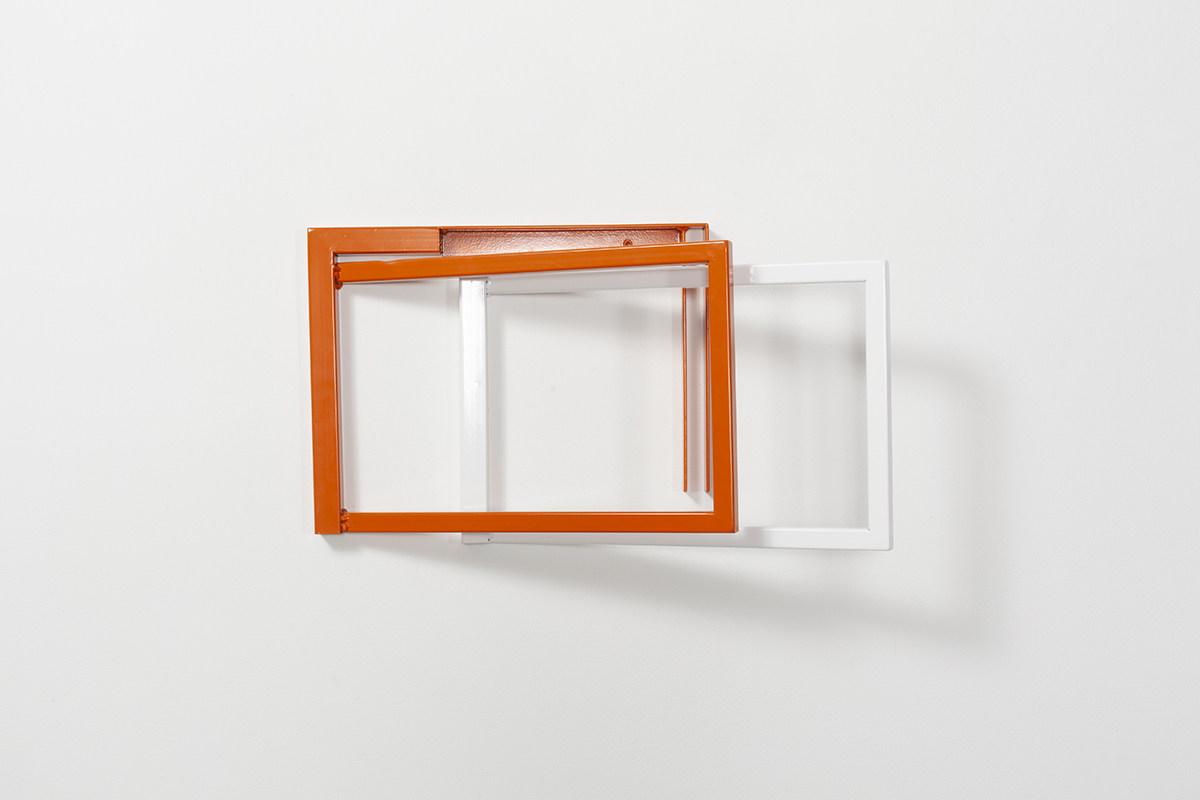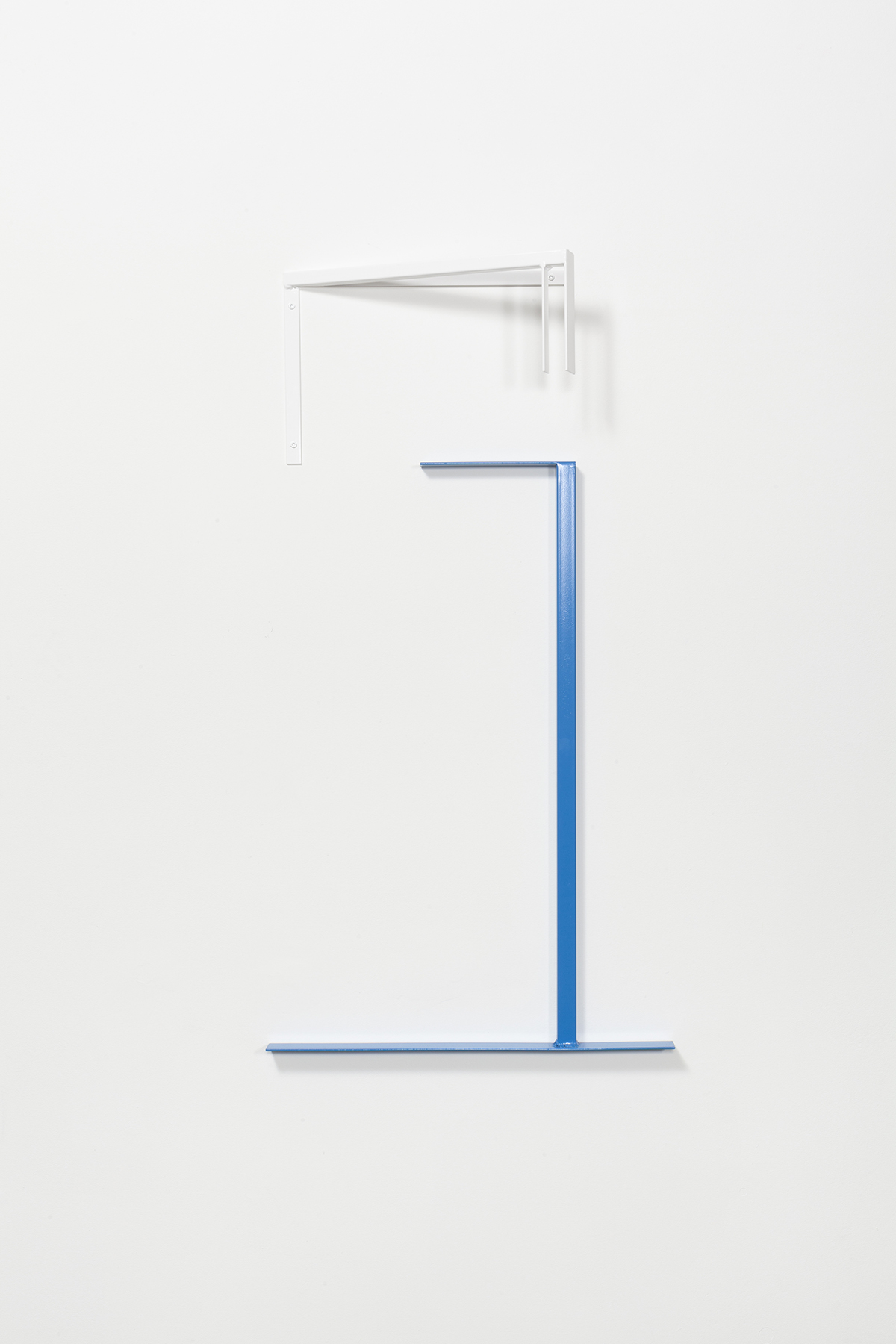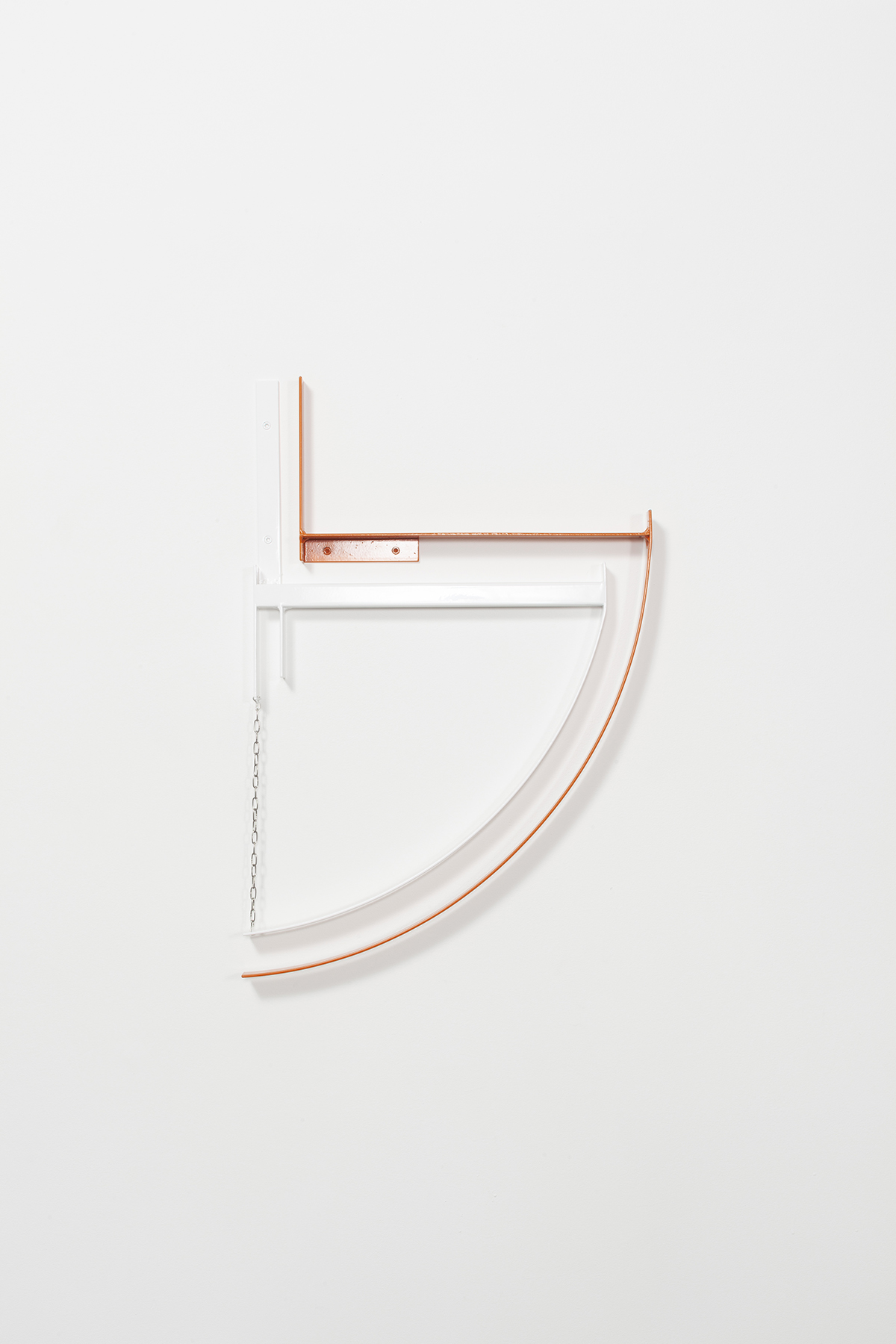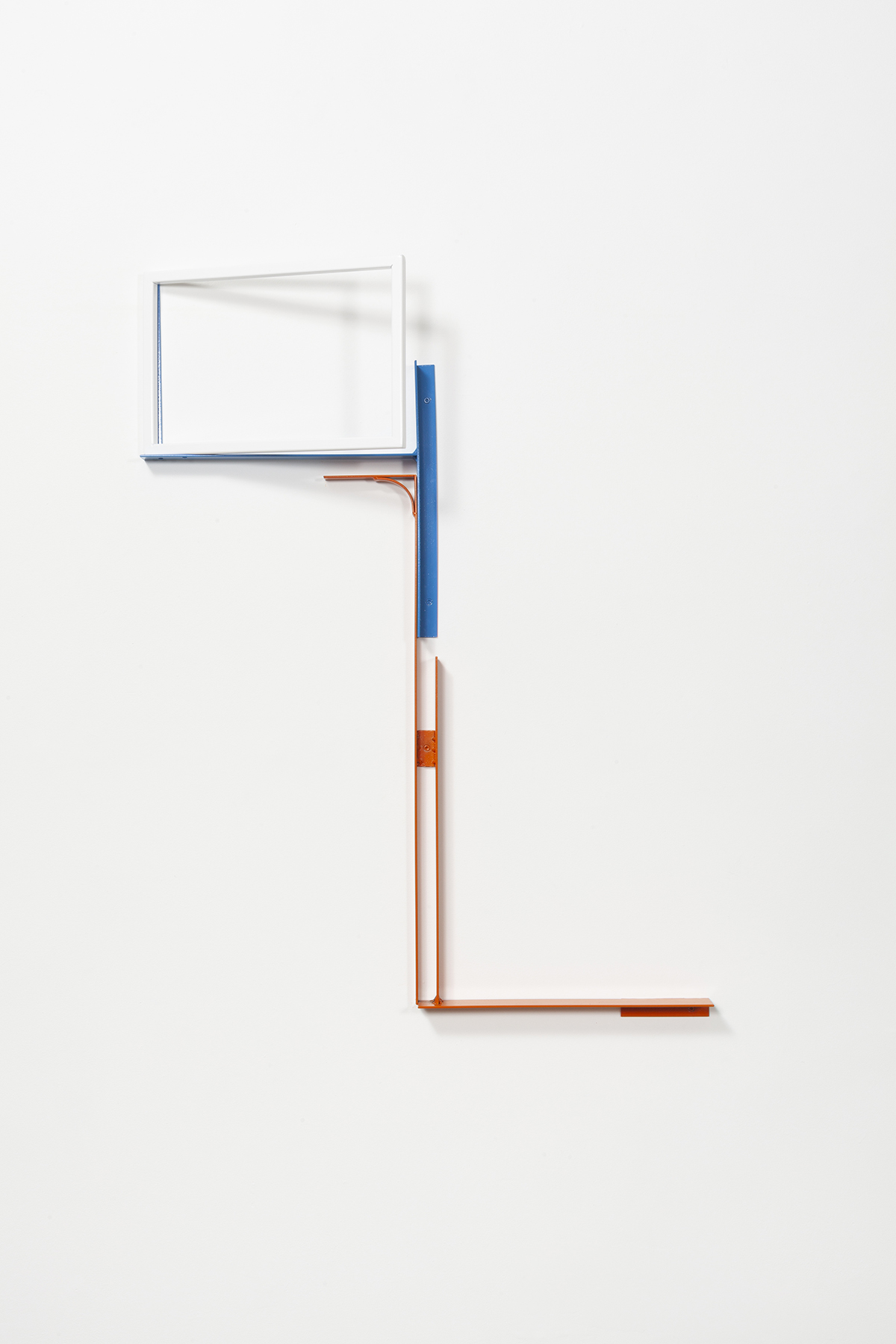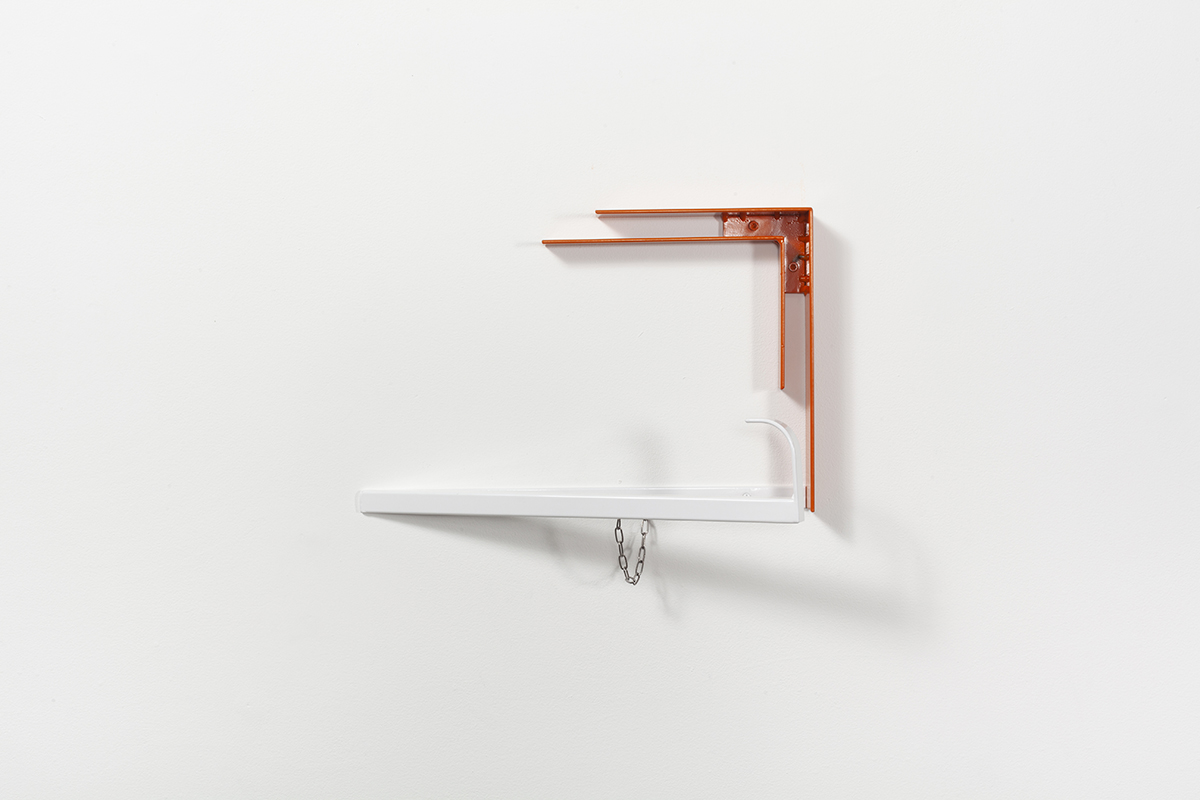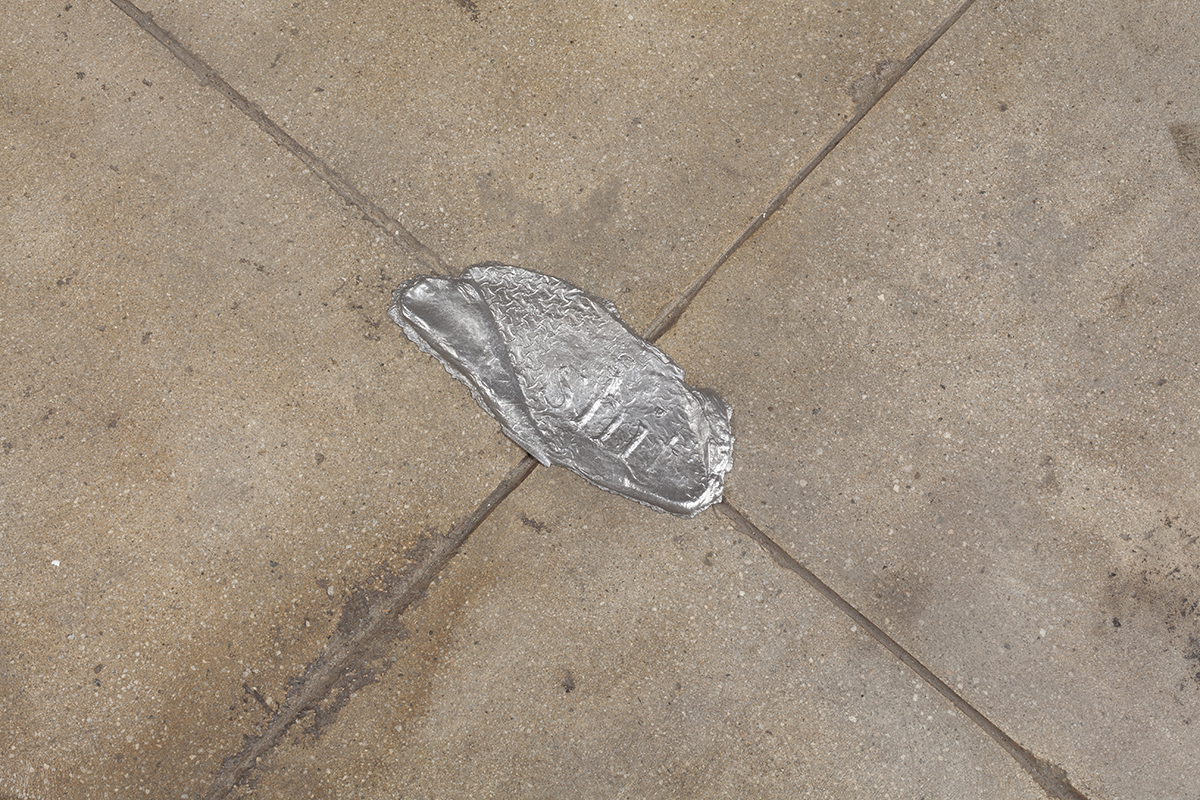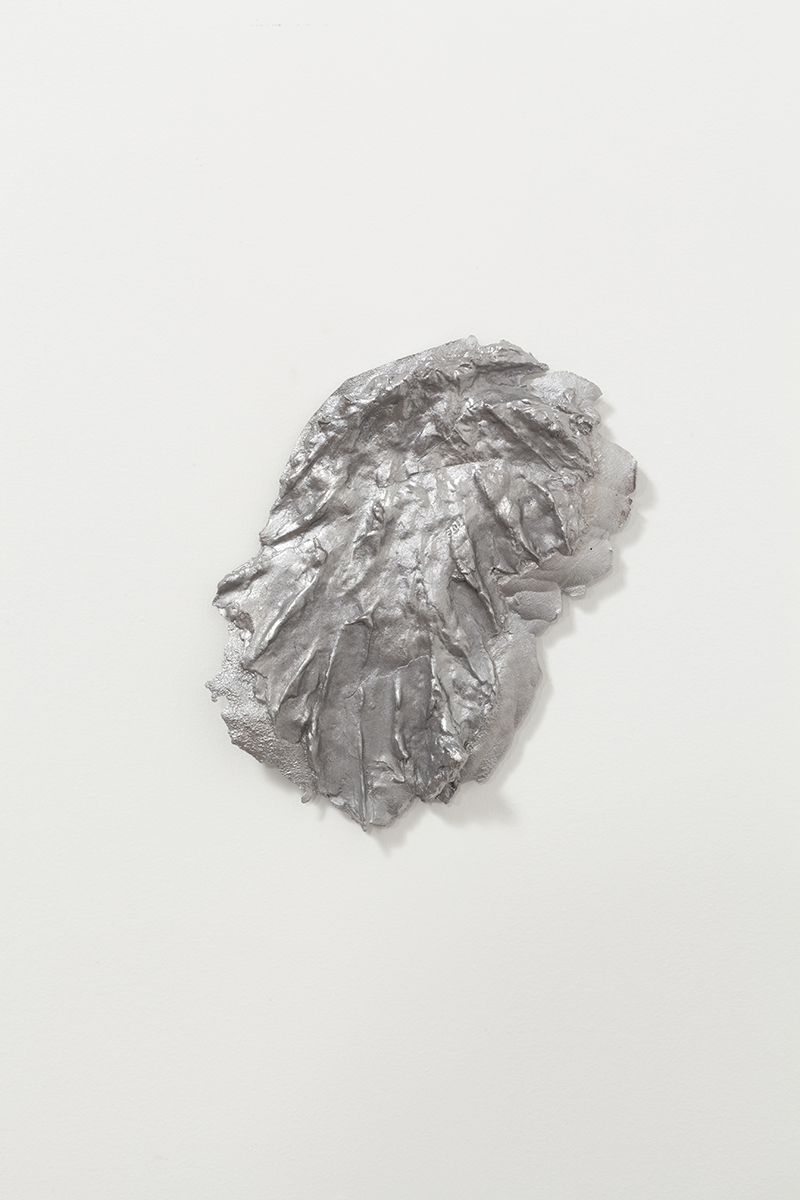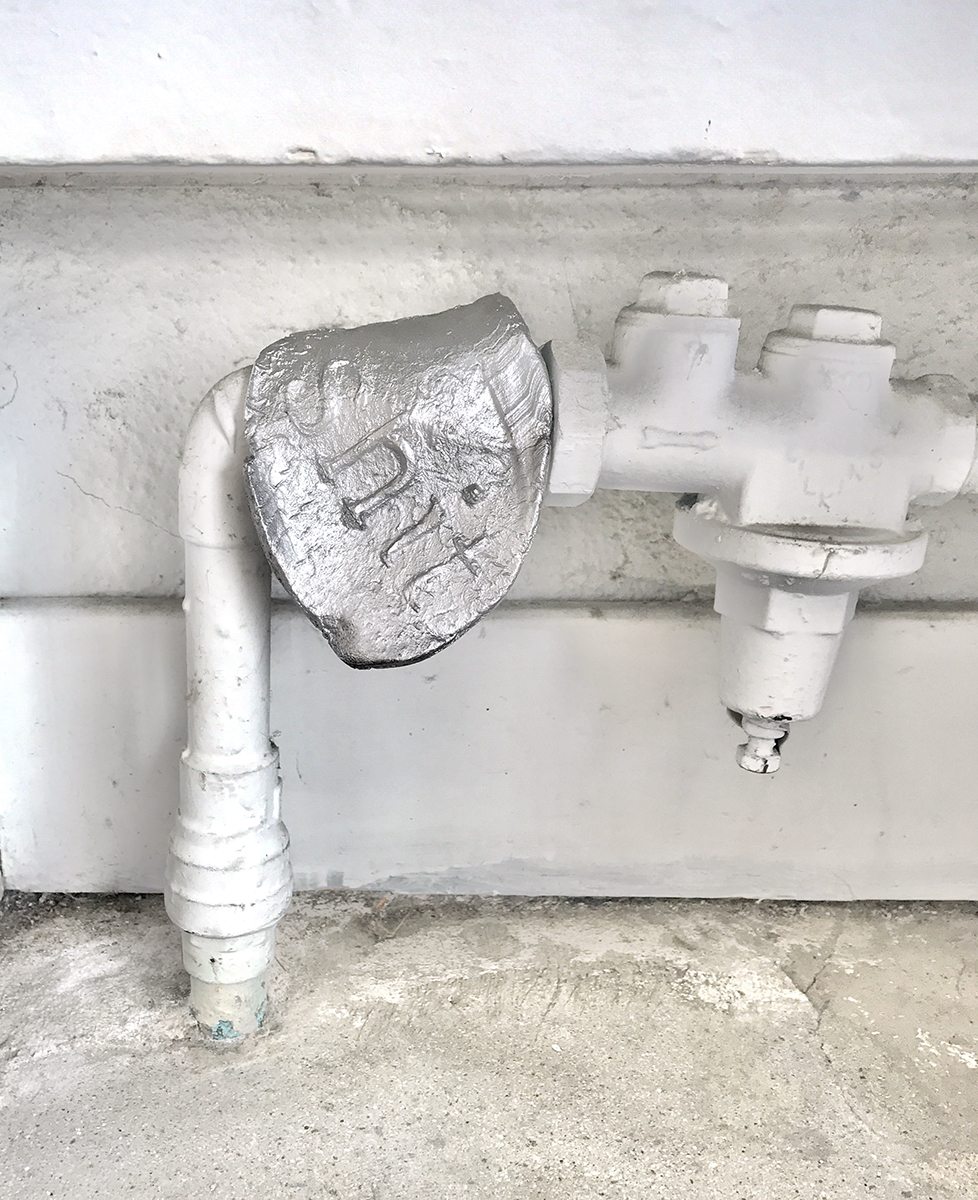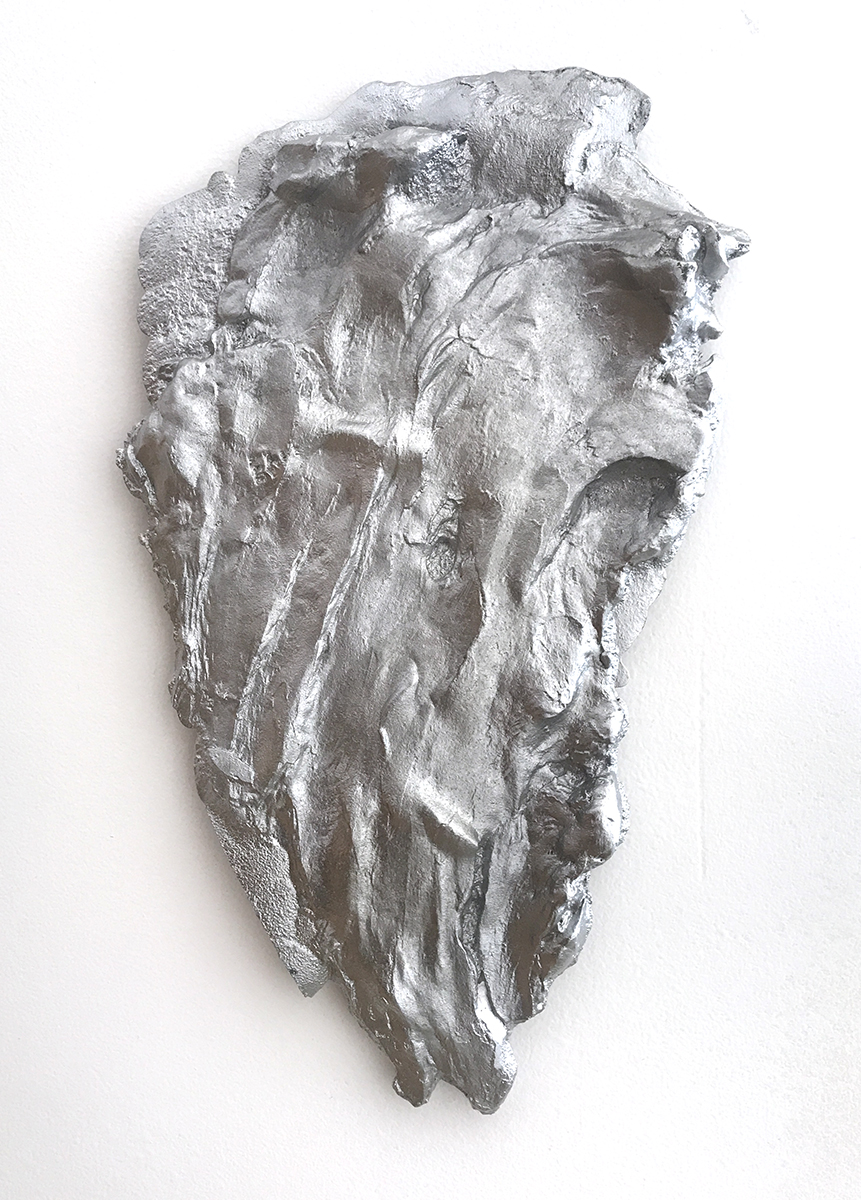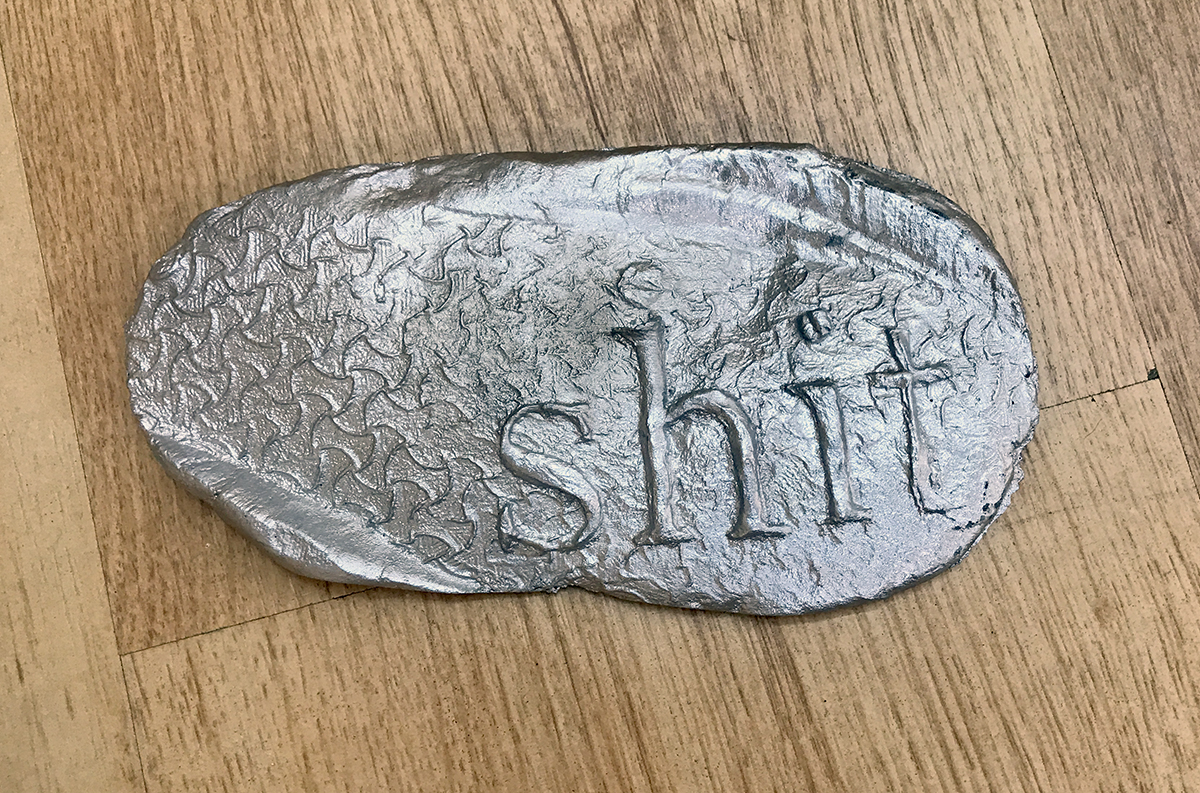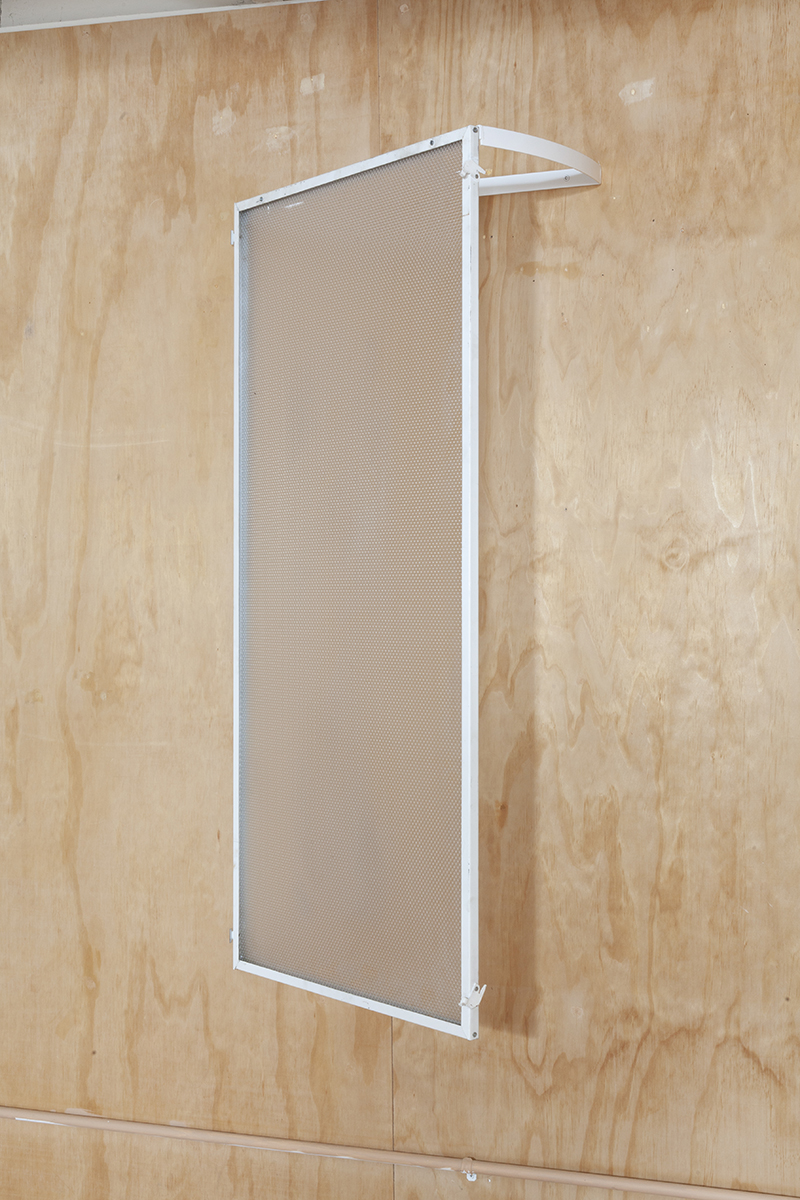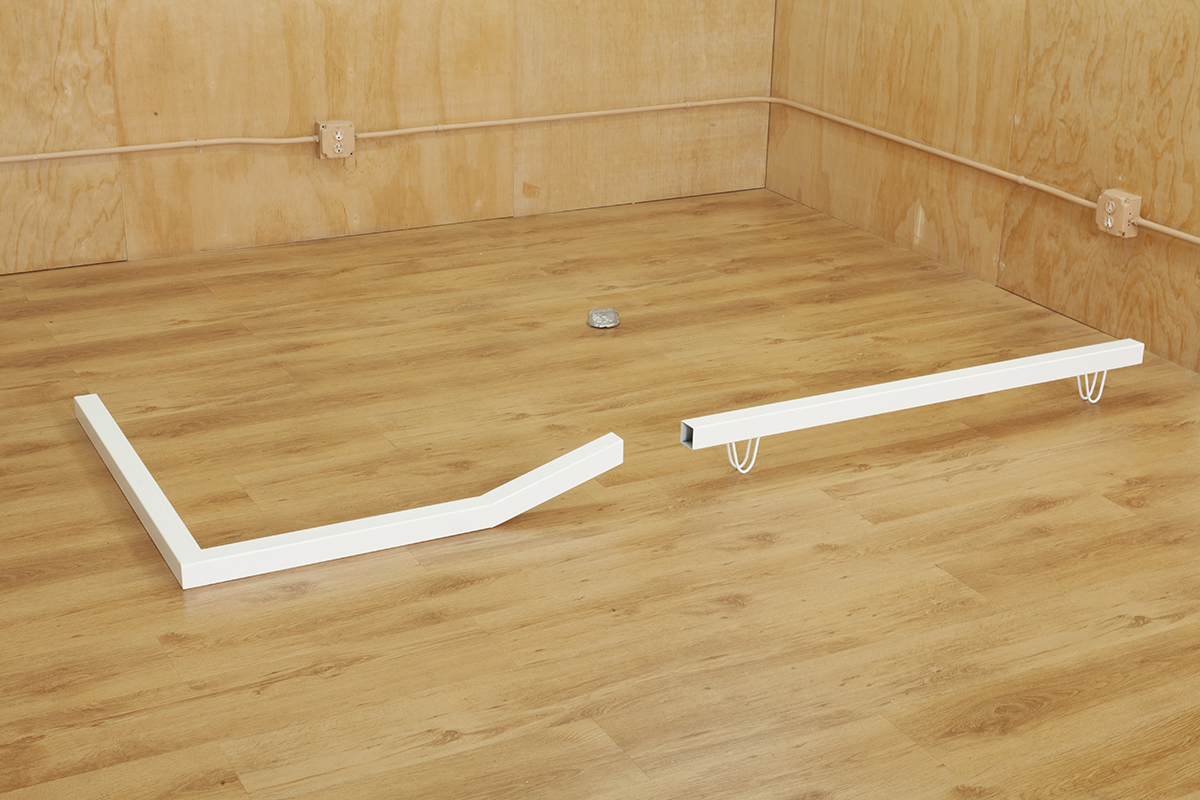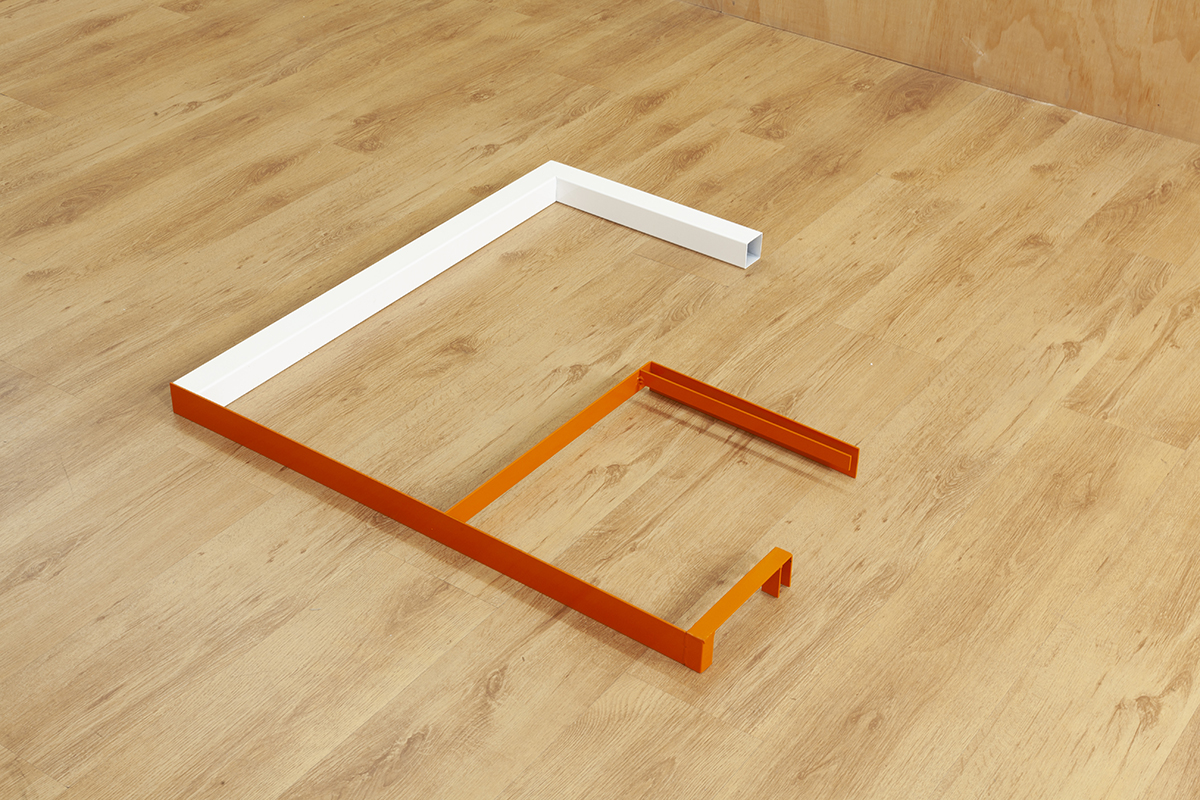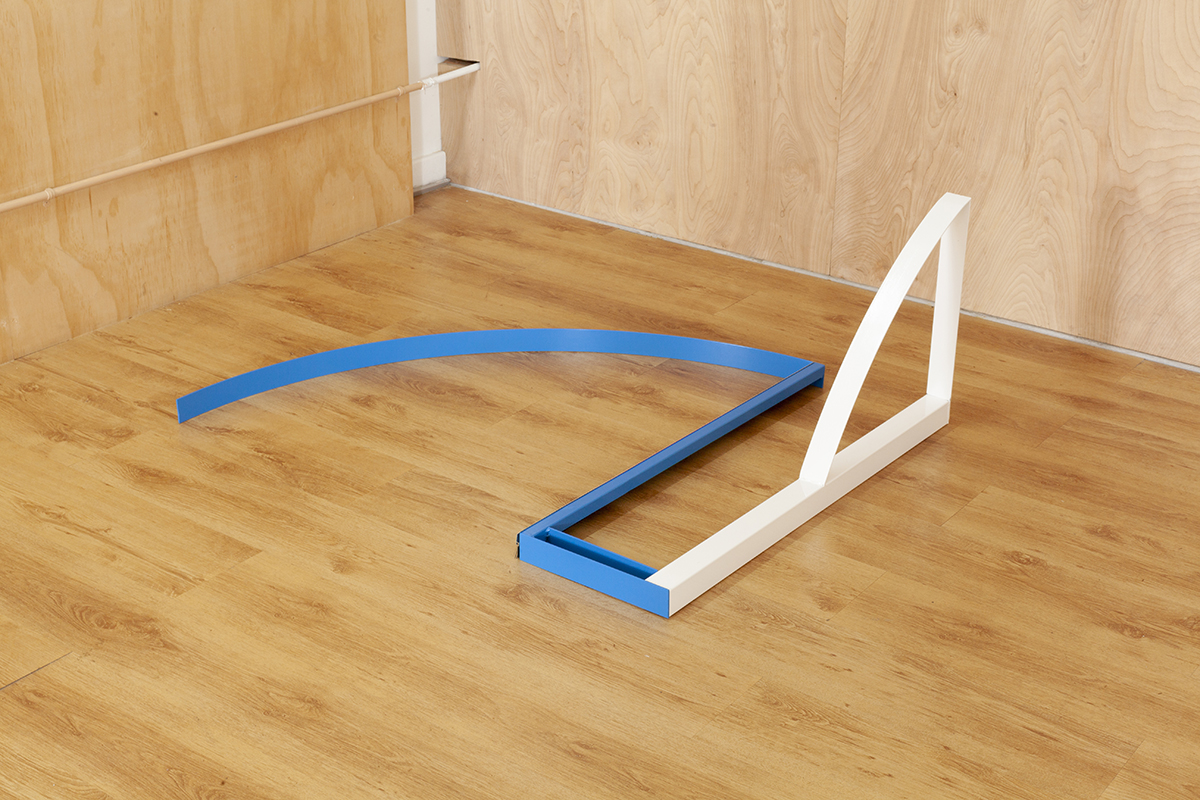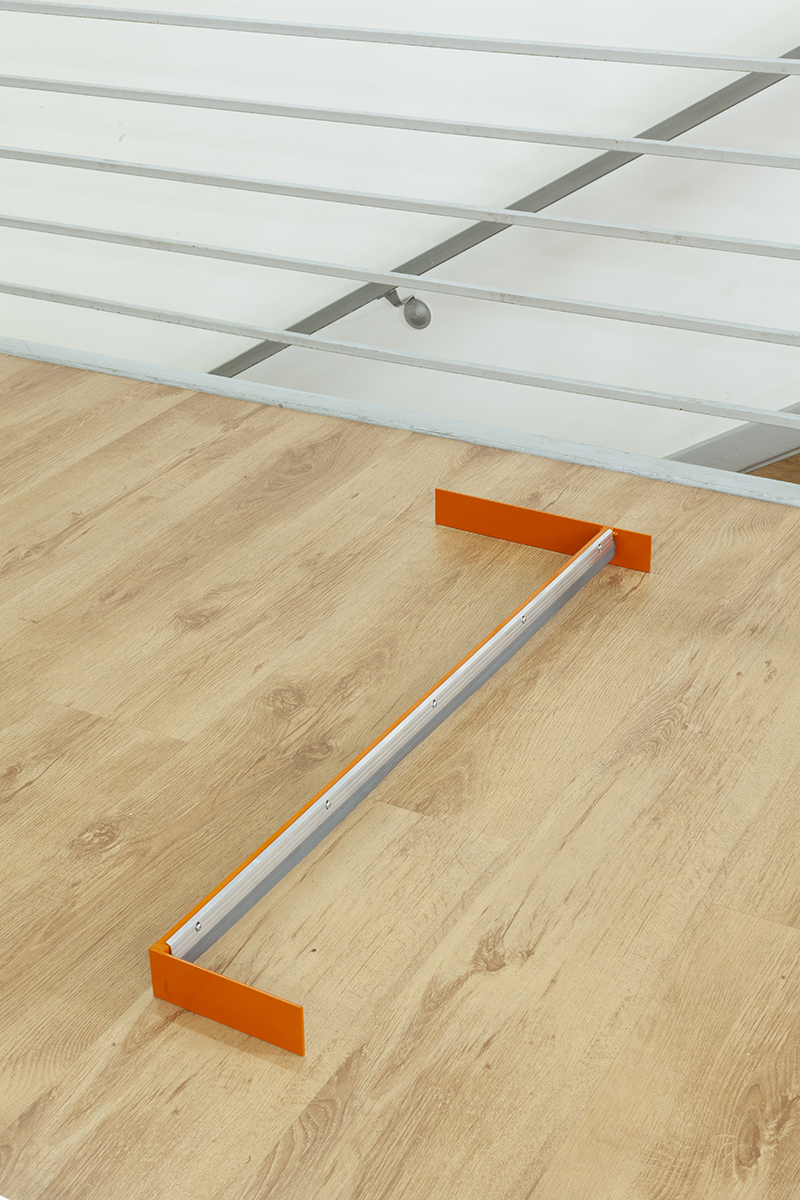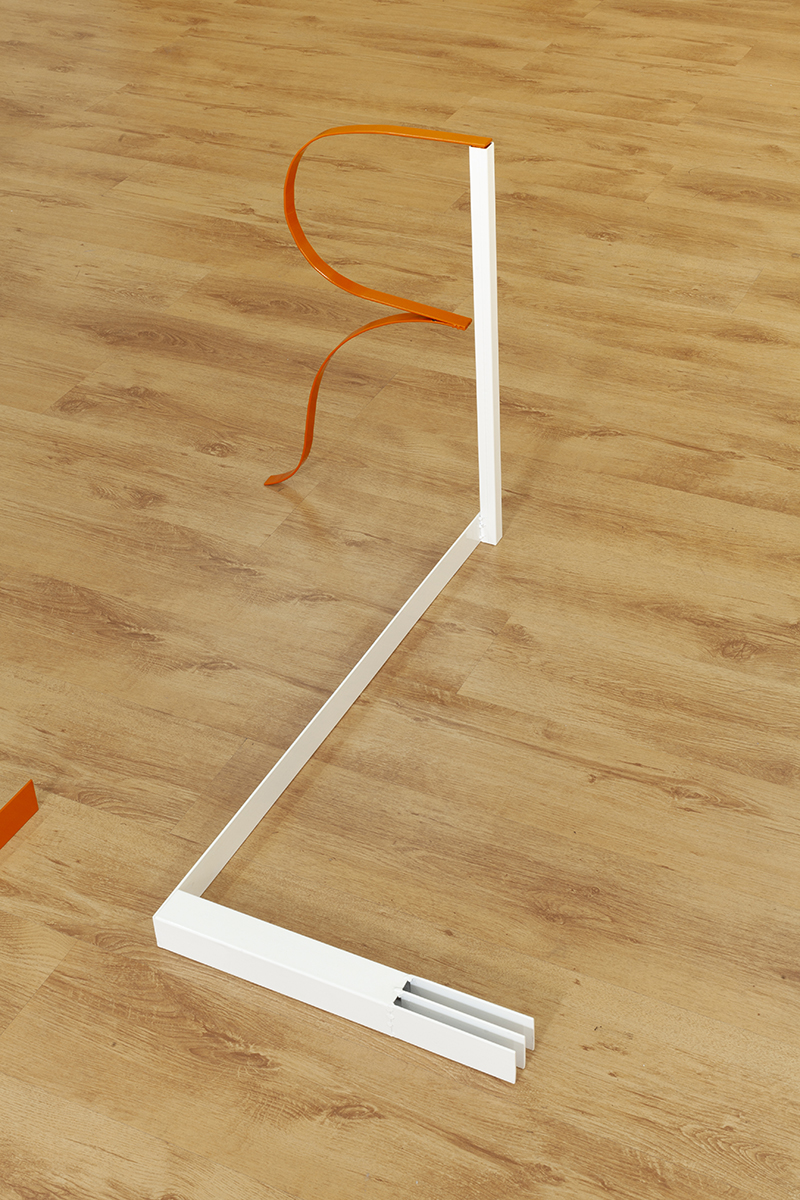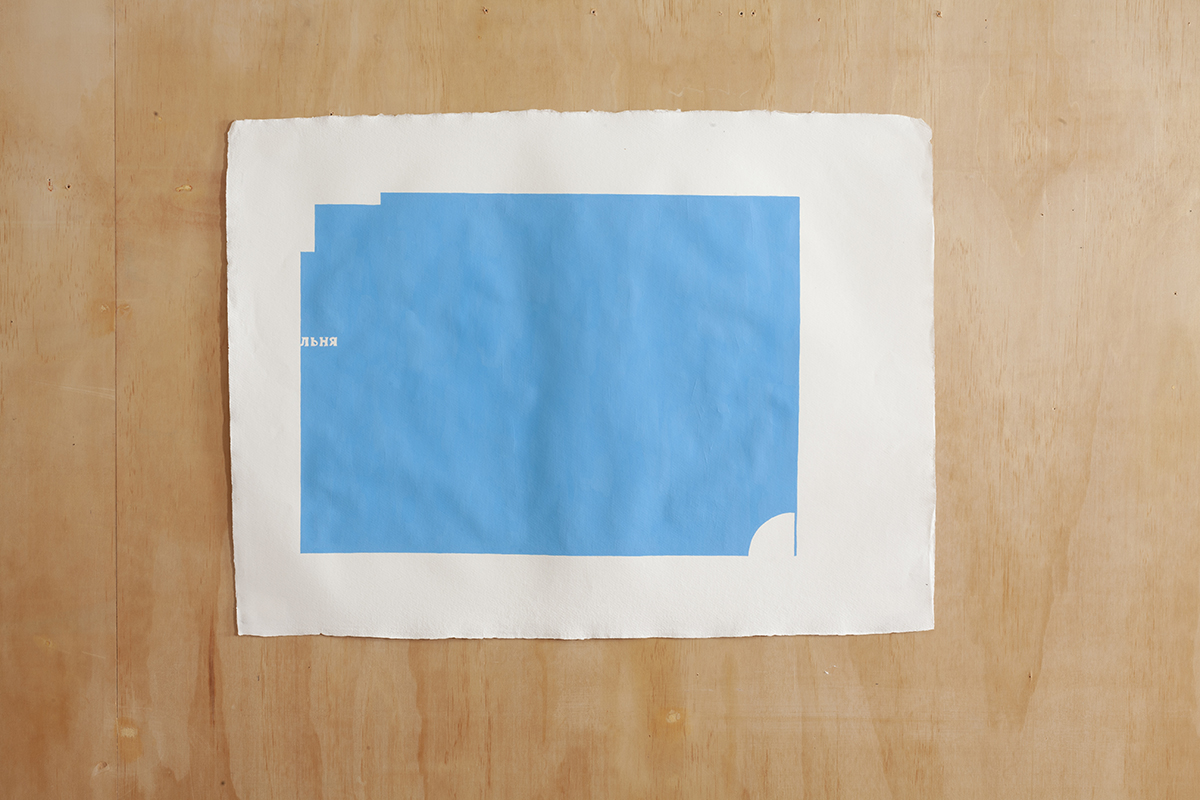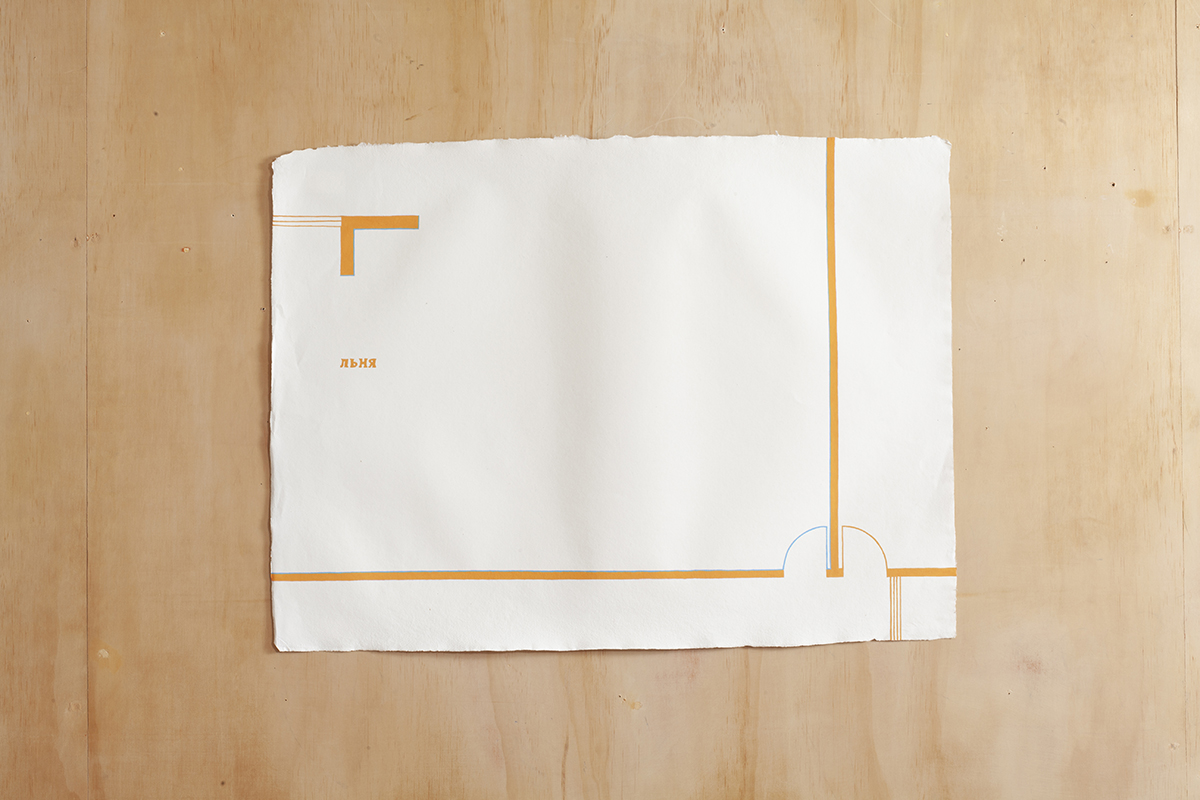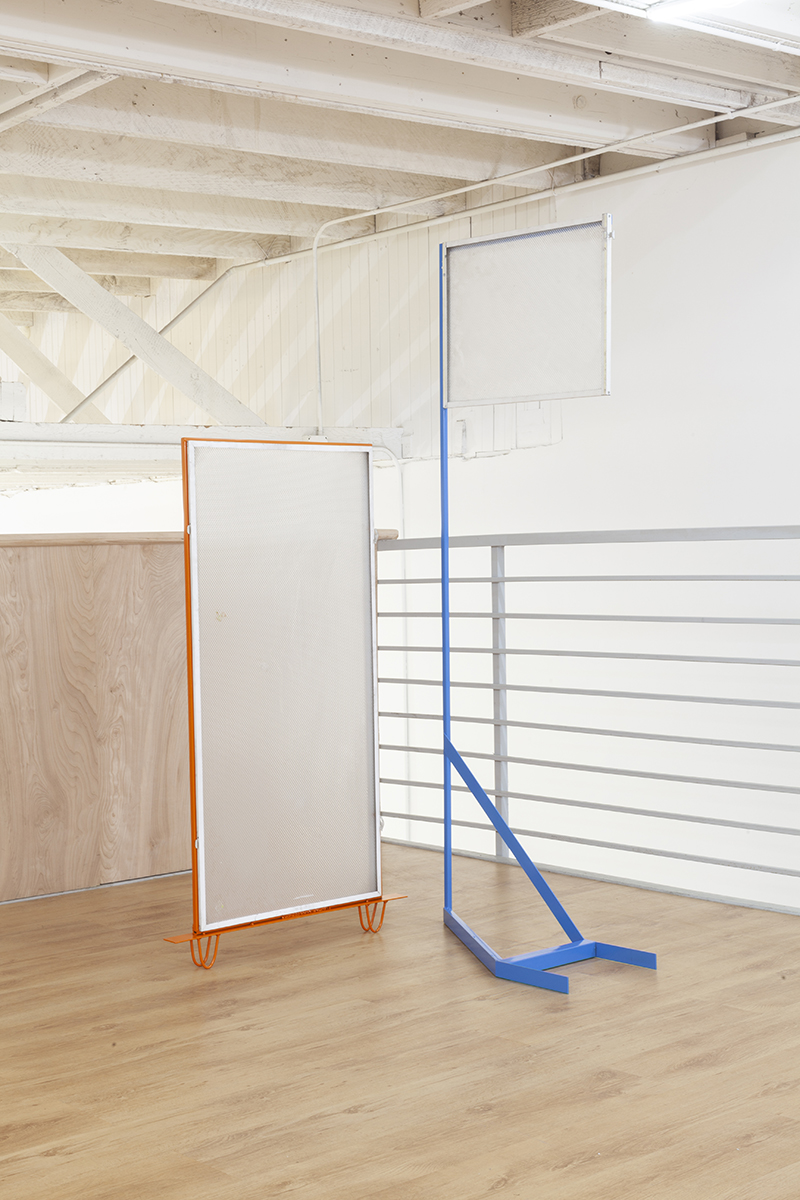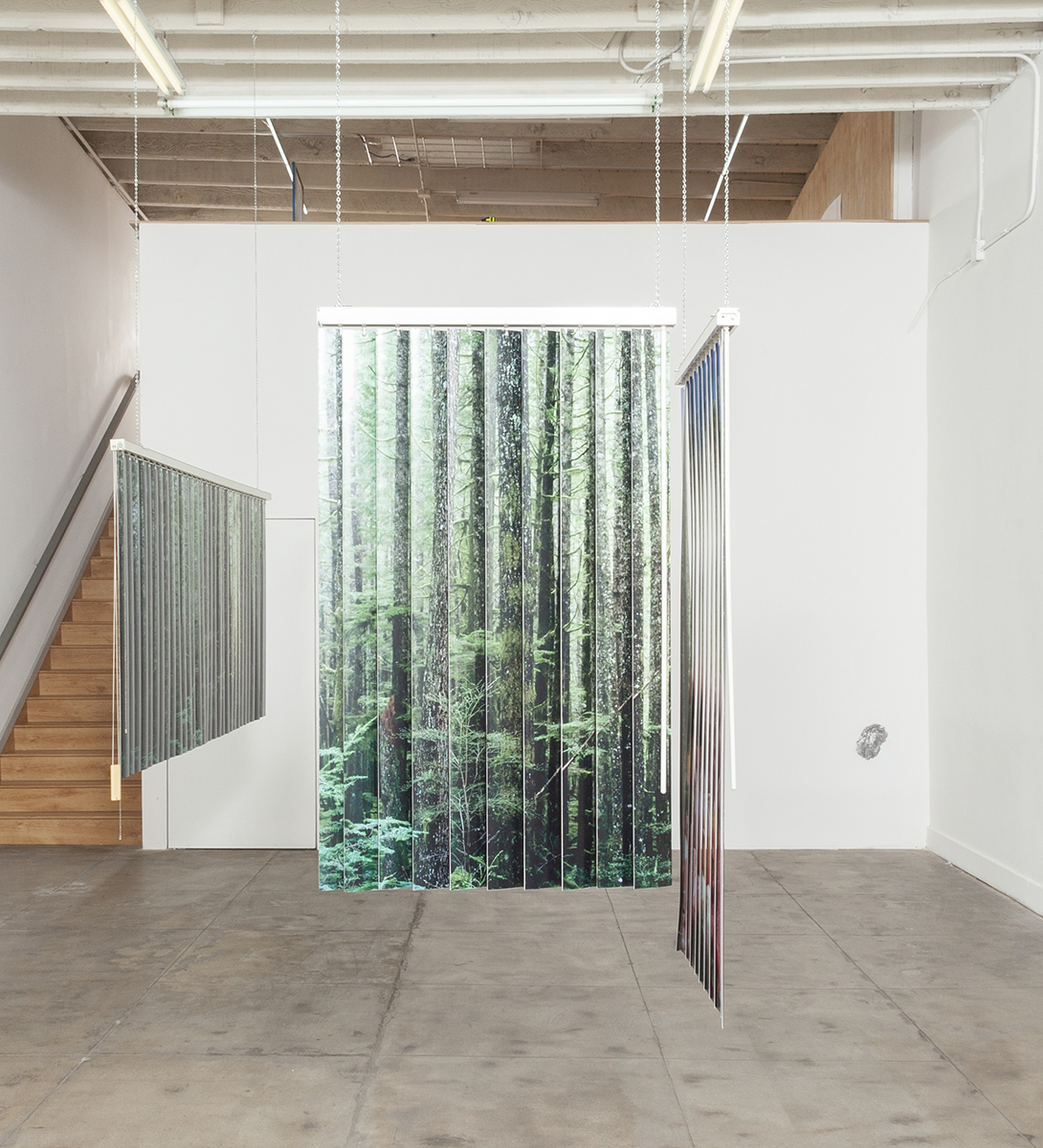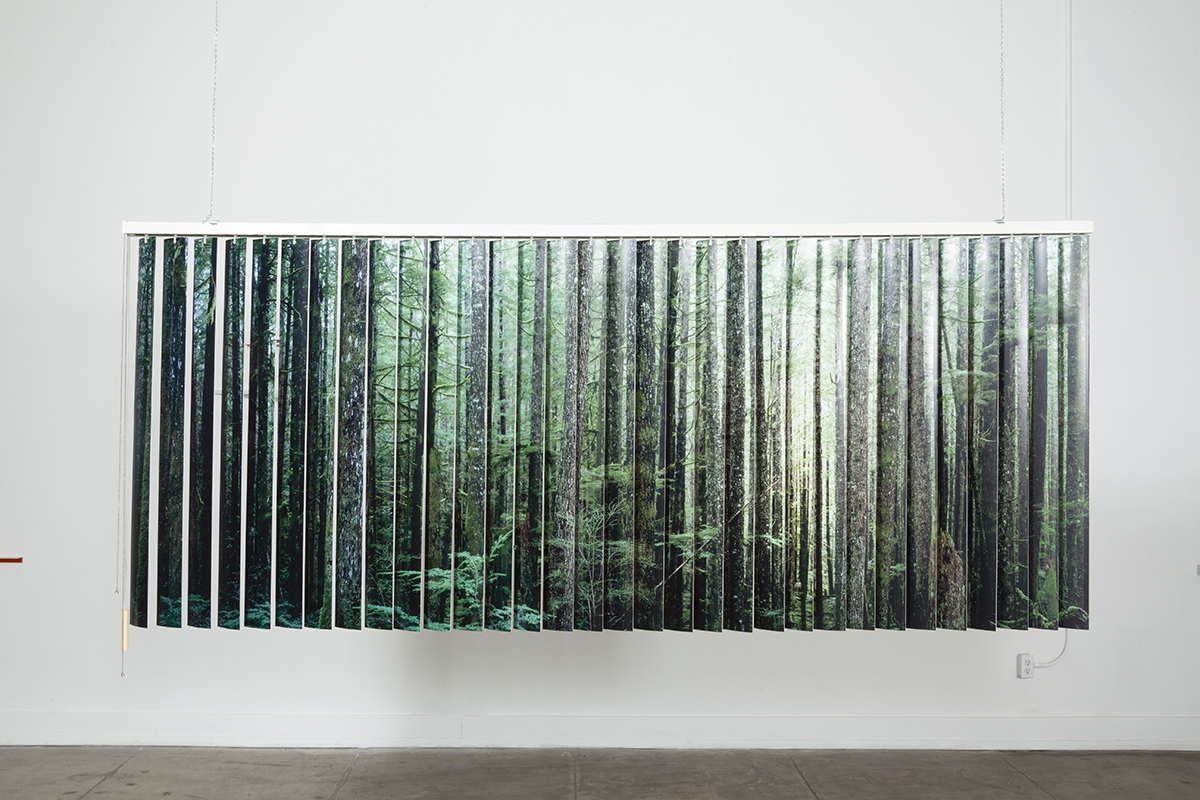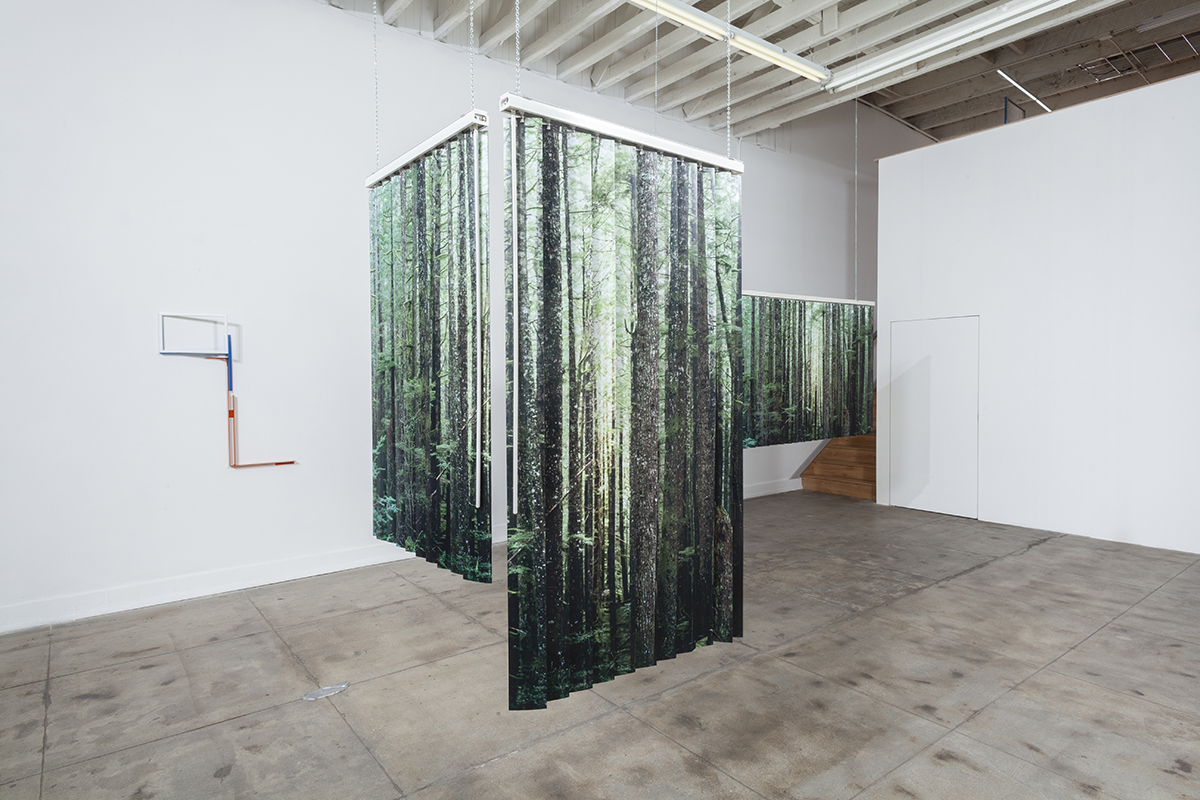TANYA BRODSKY
Writing from exile in Switzerland in the winter of 1919, avant-garde Ballet Russes dancer Vaslav Nijinsky chronicled his descent into schizophrenia through a progressively dissociative relationship to language:
I want to tell you
That you want to sleep sleep sleep.
I do not want want to sleep
You do not want want to sleep.
I will go and shit with you
You are to shi but I am not to shi.
I am not sha ming sha ming shi.
Shi shi shi shi shi
There is a gap between language and meaning, like that between a map and a road. It’s possible to pick up the wrong map and not realize it until the third or fourth discrepancy occurs, the first or second dismissed as a cartographer’s error. Migration uproots psycho-geography, re-mapping one terrain onto another. During my first months in the U.S., I read the backwards R in the Toys R Us logo as the Russian я (ya), meaning I. Toys I, Us: I am toys, as are we all. This mistranslation between self-description and global pronouncement is a very Soviet mistake.
The inability to communicate clearly can be described as feeling walled in. The buildings we construct act as containers for bodies, and in them we learn where to tip-toe, when to slam doors, what to throw out the window, how much the neighbors can hear. A fortochkais an untranslatable Russian term for a small ventilation hatch, inset within a larger casement window. A standard feature in Eastern European homes, it is designed to release the stale interior air of a room without letting in too much of the exterior cold, or the bodies of would-be intruders. It is sized ideally for drying a pair of socks, for protruding a cigarette-holding hand, for cooling baked goods, for the occasional entry of small birds.
Kaiser Permanente sends me generic nature stock photos, accompanied by recommendations for something called “forest bathing.” In a blur of communication and advertising, image and text are flattened, co-opted, coded, re-coded, and ultimately digested, leaving behind traces of mutated half-meanings. The eye’s focus oscillates between looking through, and looking at: a scattering of sight and attention, a breaking apart of the singular. When I saw an ad stating that the Behr Paint color of the year is a green hue called Back to Nature, all I could think was, damn the 90’s really are back. Sometimes, I want to yell emojis across the room. Bears do supposedly still shit in the woods, though.
Tanya Brodsky (b. Kiev, Ukraine) earned her MFA from UC San Diego in 2016, and her BFA from Rhode Island School of Design in 2005. She lives and works in Los Angeles. In 2016, she was a fellow at SOMA Summer Program in Mexico City and in 2013 she participated in the Mountain School of Art. Brodsky’s work has been exhibited at Ochi Projects, Materials & Applications, Over the Influence, CES Gallery, Commonwealth and Council, BBQLA, Elevator Mondays, Visitor Welcome Center, Vacancy, New Wight Gallery at UCLA, (all Los Angeles), Vacation Gallery, New York, SPF15 and Museum of Contemporary Art, San Diego; Bizkaia Aretoa, Bilbao, Spain; and Galeria Alternativa Once, Monterrey, Mexico. Brodsky’s recently public art commission, Yolki Palki is currently on view in Plummer Park, West Hollywood.
